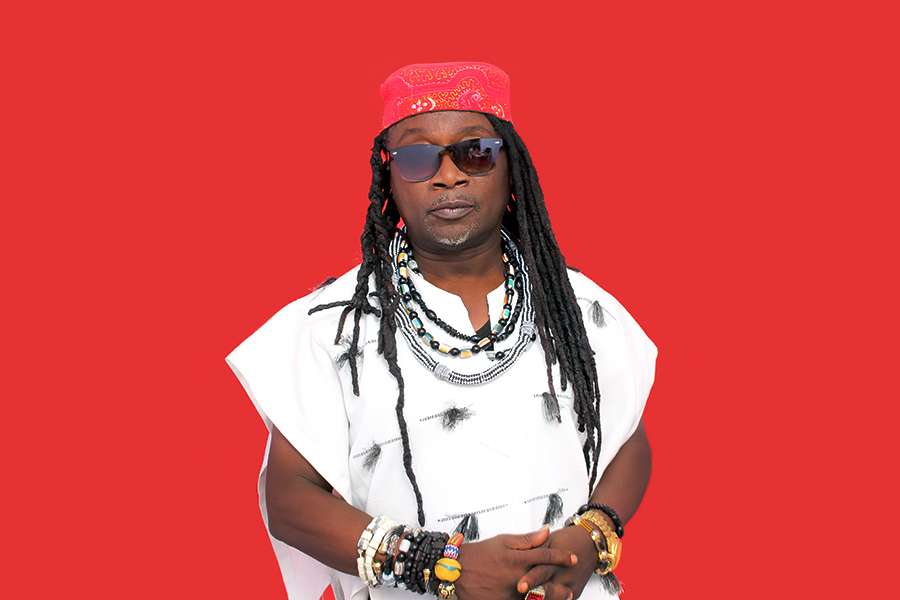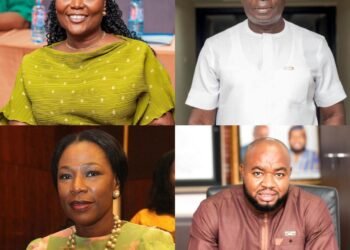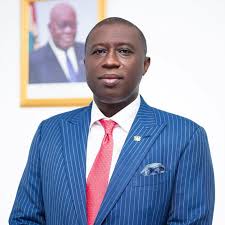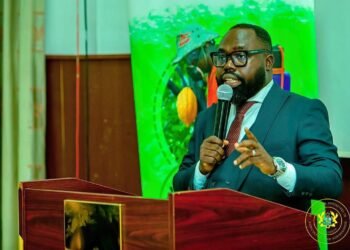With its rich tapestry of sounds, rhythms, and cultural heritage, Ghanaian music has long played a significant role in the West African musical landscape.
However, in recent years, a notable trend has emerged: the increasing influence of Nigerian music on Ghanaian artists.
While this cross-border interaction is seen as a natural evolution of the music scene, it raises critical questions about the identity and authenticity of Ghanaian music.
Ghana and Nigeria share a deep-rooted cultural connection, enriched by historical ties and geographical proximity. Both countries boast vibrant music scenes characterized by diverse genres such as Highlife, Hiplife, Afrobeats, and more.
Highlife originated in Ghana and is a blend of traditional Akan melodies and Western musical elements. Hiplife, a more contemporary genre, emerged in the 1990s, incorporating Hip-Hop influences into traditional Ghanaian music.
Nigeria, on the other hand, has gained international acclaim for its Afrobeats genre, which has seen explosive growth in popularity worldwide. Artists like Burna Boy, Wizkid, and Davido have become household names, and their sounds have permeated global music charts.
As a result, many Ghanaian artists are now adopting elements of Nigerian Afrobeats, leading to a blending of styles that often blur the lines between the two nations’ musical identities.
Veteran Ghanaian Highlife musician, Amandzeba Nat Brew has shared his insights on the difficulty of Ghanaian music to transcend borders.
Amandzeba recounted a time when Ghanaian musicians were prominent in Nigeria and some parts of Central Africa.
“About three or four decades ago, eastern Nigeria was full of Ghanaian musicians. So you ask yourself, how were they able to make inroads across West Africa? And it even goes all the way up to Central Africa. And so I’m asking myself if Joe Mensah was so huge in Nigeria.
“Why is the situation now the reverse? The reason is that we are trying to sing like the Nigerians. The Nigerians accepted us because we came as Ghanaians. Now it’s the opposite.”
Amandzeba
The rise of Nigerian music has undeniably affected Ghanaian artists. With the advent of digital platforms like Spotify, Apple Music, and YouTube, music from Nigeria has become easily accessible to Ghanaians and the rest of the world.
The perception that Nigerian music is more appealing or mainstream has also influenced Ghanaian artists. Many believe adopting a Nigerian sound will help them gain wider recognition and success, leading to a homogenization of music across the two nations.
While the blending of musical styles fosters creativity, it also poses significant challenges for Ghanaian music.
As Ghanaian artists increasingly adopt Nigerian sounds, there is a risk of losing the distinctiveness that characterizes Ghanaian music. Highlife and Hiplife, which are deeply rooted in Ghanaian culture, become overshadowed by the more dominant Afrobeats genre.
The Path Forward: Embracing Authenticity

To ensure that Ghanaian music transcends borders while retaining its unique identity, artists, and stakeholders in the industry must take proactive steps.
Ghanaian artists should embrace their cultural roots and incorporate traditional elements into their music. By celebrating their heritage, they create a sound that is distinctly Ghanaian, even when influenced by other genres.
Artists must explore innovative ways to blend traditional Ghanaian sounds with contemporary influences without losing their identity. This approach leads to the creation of new genres that reflect both local and global influences.
The Ghanaian music industry must prioritize the promotion of local talent and invest in platforms that showcase authentic Ghanaian music. This support helps cultivate a strong local music scene that resonates with audiences both at home and abroad.
While collaborations with Nigerian artists are beneficial, they should be approached with a clear intention to maintain cultural identity. Artists collaborate to create fusion music that respects both Ghanaian and Nigerian traditions.
Citing an example, Amandzeba stated that the ability of music to transcend borders is not due to language.
“Language is not a barrier. Take for example. Magic System did a song called ‘Amoulanga’. What’s the meaning of ‘Amoulanga’? We don’t know the meaning of Amoulanga and all of us were digging into it. Where is the barrier here?
“You don’t need to look out for some kind of sophisticated arrangement or something. The simplicity of the rhythm or the lyrics can. If it is catchy, you can’t stop it.”
Amandzeba
The interplay between Ghanaian and Nigerian music is a complex and evolving narrative. While the influence of Nigerian sounds is undeniable, Ghanaian artists must navigate this landscape carefully to ensure that their music transcends borders without losing its essence.
By embracing its cultural heritage and fostering innovation, Ghanaian music carves out a unique identity that resonates globally, celebrating both its roots and its contemporary influences.
In doing so, it stands as a testament to the richness of West African culture, inspiring future generations of artists to create music that is both authentic and globally appealing.
READ ALSO: MP Ablakwa Denounces Asaase’s ‘Futile’ Smear Campaign



















